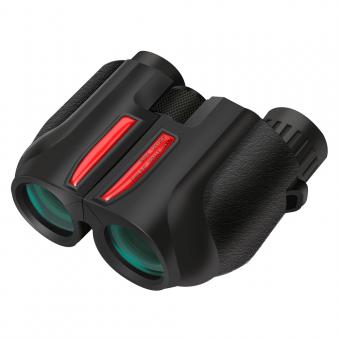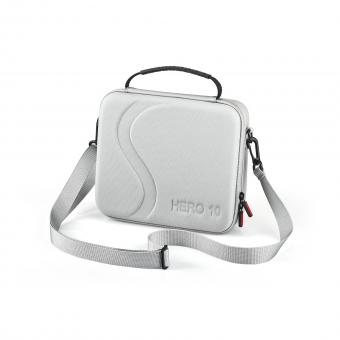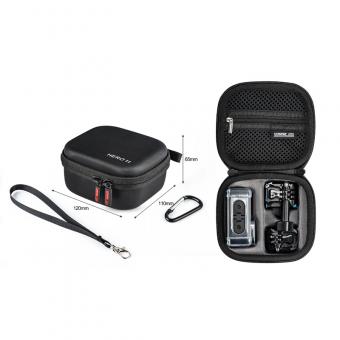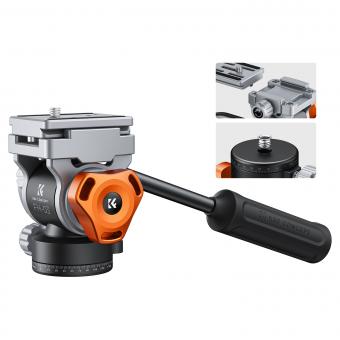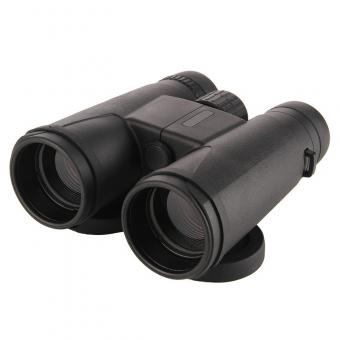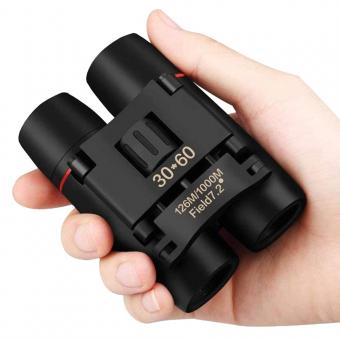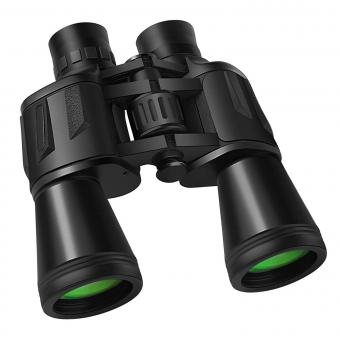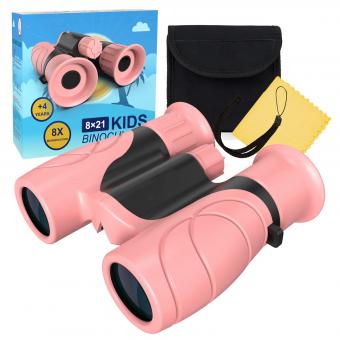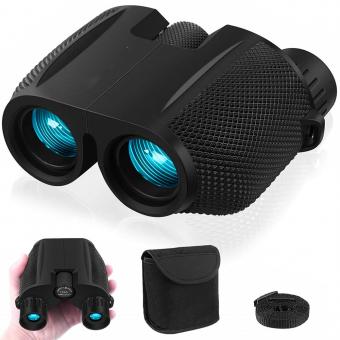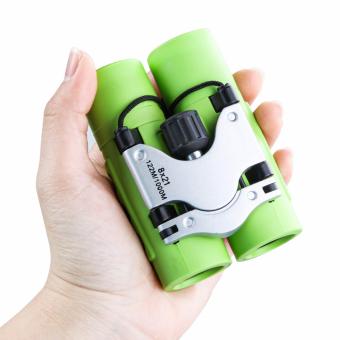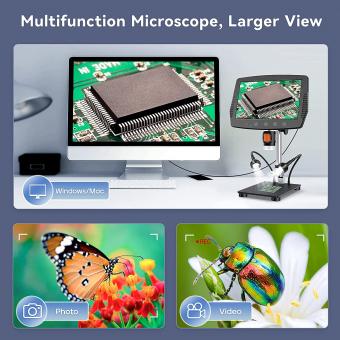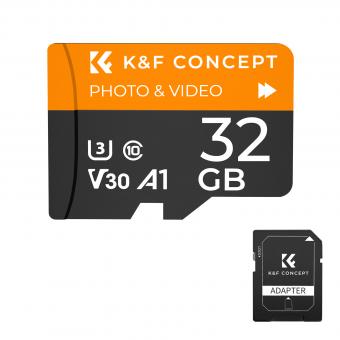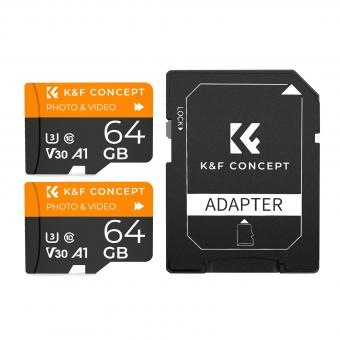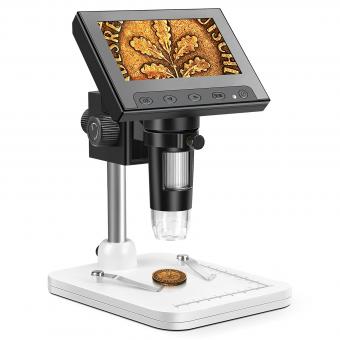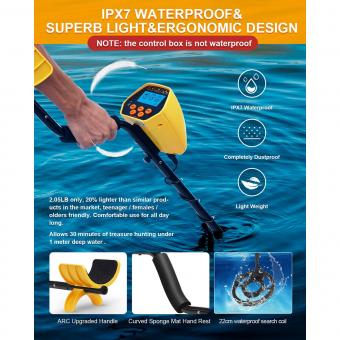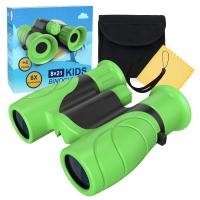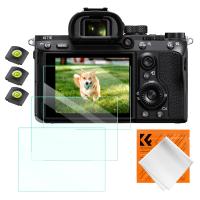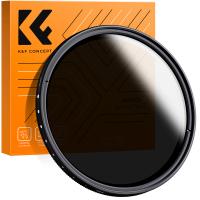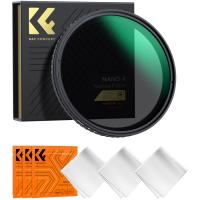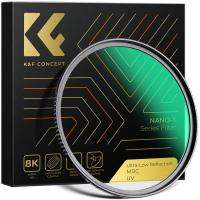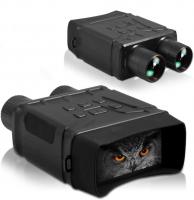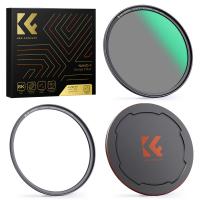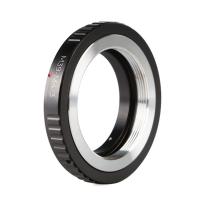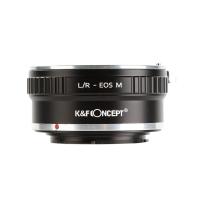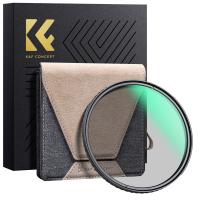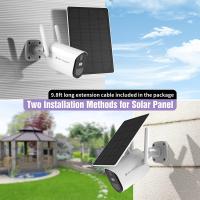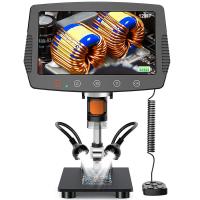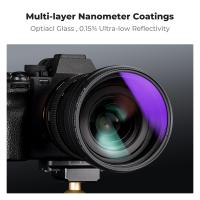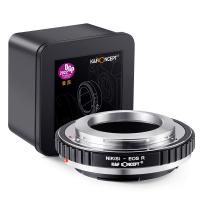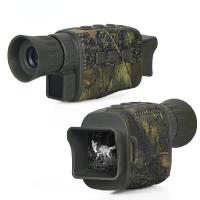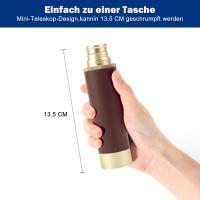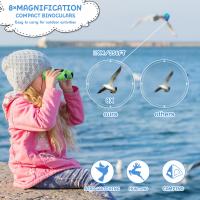What's The Best Small Binoculars ?
The best small binoculars depend on the intended use and personal preferences. However, some popular options include the Vortex Optics Diamondback HD 8x28, the Nikon Trailblazer 8x25, and the Celestron Nature DX 8x25. These binoculars offer high-quality optics, compact size, and durability. It is recommended to consider factors such as magnification, objective lens size, field of view, and weight when choosing small binoculars.
1、 Magnification power
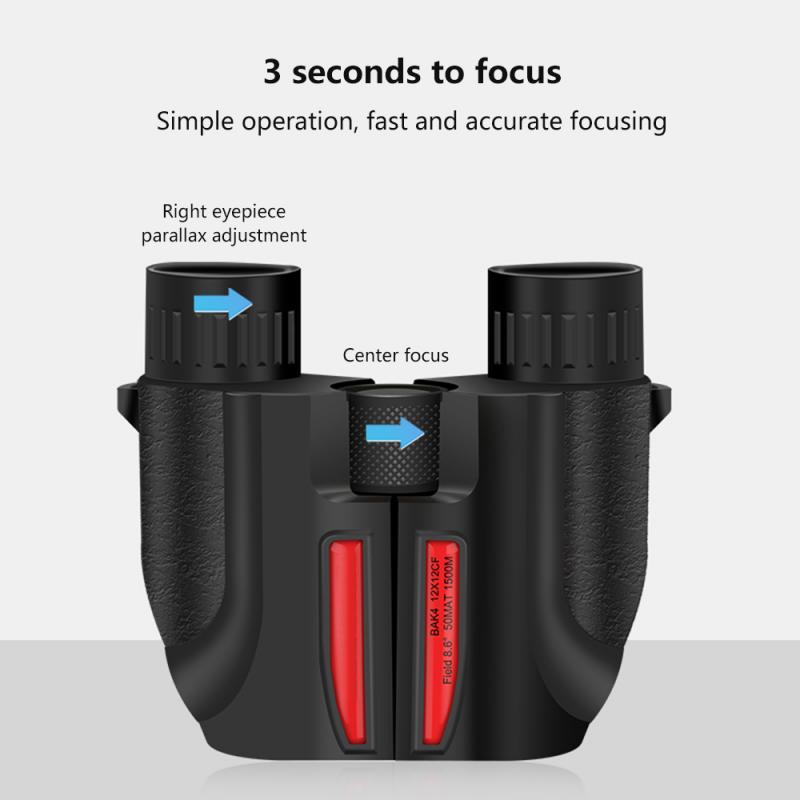
What's the best small binoculars? The answer to this question depends on what you're looking for in a pair of binoculars. However, one important factor to consider is the magnification power.
For those who want a compact and lightweight pair of binoculars for outdoor activities such as hiking, birdwatching, or camping, a magnification power of 8x or 10x is recommended. These magnification powers provide a good balance between image stability and field of view. Higher magnification powers may result in shaky images, especially if you don't have a steady hand or if you're using the binoculars without a tripod.
One of the best small binoculars with a magnification power of 8x is the Vortex Optics Diamondback HD 8x28. It has a compact and durable design, with a wide field of view and high-quality optics that provide clear and bright images. It's also waterproof and fog proof, making it suitable for use in different weather conditions.
Another great option is the Nikon Trailblazer 10x25. It has a magnification power of 10x, which is ideal for those who want to observe distant objects in detail. It's also lightweight and compact, making it easy to carry around. The optics are of high quality, providing clear and bright images even in low light conditions.
In conclusion, the best small binoculars for you will depend on your specific needs and preferences. However, when it comes to magnification power, a range of 8x to 10x is recommended for most outdoor activities. The Vortex Optics Diamondback HD 8x28 and Nikon Trailblazer 10x25 are both excellent options to consider.
2、 Objective lens diameter
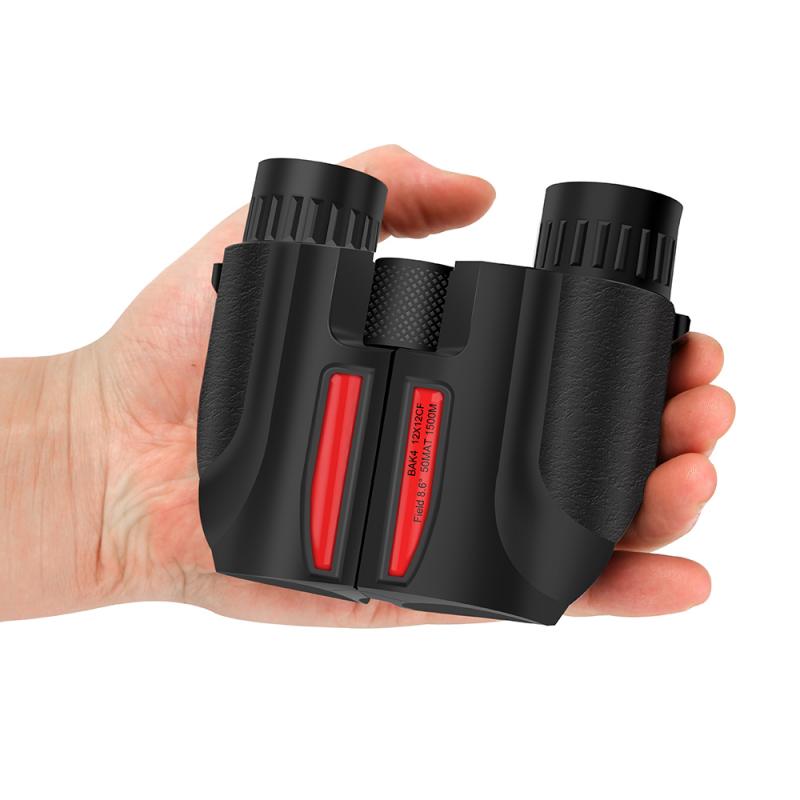
What's the best small binoculars? The answer to this question depends on several factors, including the intended use, budget, and personal preferences. However, one of the most important features to consider when choosing small binoculars is the objective lens diameter.
Objective lens diameter refers to the size of the front lenses of the binoculars, which determines the amount of light that enters the binoculars. Generally, the larger the objective lens diameter, the brighter and clearer the image will be. However, larger objective lenses also mean heavier and bulkier binoculars.
For those looking for the best small binoculars with a compact and lightweight design, a 25mm or 28mm objective lens diameter is a good choice. These binoculars are ideal for outdoor activities such as hiking, bird watching, and sports events. Some popular options in this category include the Vortex Optics Vanquish 8x26 Binoculars and the Nikon Trailblazer 8x25 ATB Binoculars.
For those who prioritize image quality over portability, a 32mm or 42mm objective lens diameter may be a better option. These binoculars are suitable for a wide range of activities, including hunting, wildlife observation, and stargazing. Some highly rated options in this category include the Celestron Nature DX 8x42 Binoculars and the Vortex Optics Diamondback HD 10x32 Binoculars.
It's worth noting that the latest point of view in the binoculars market is the increasing popularity of compact binoculars with larger objective lenses, such as the 42mm and 50mm models. These binoculars offer a balance between image quality and portability, making them a versatile choice for various outdoor activities.
3、 Field of view
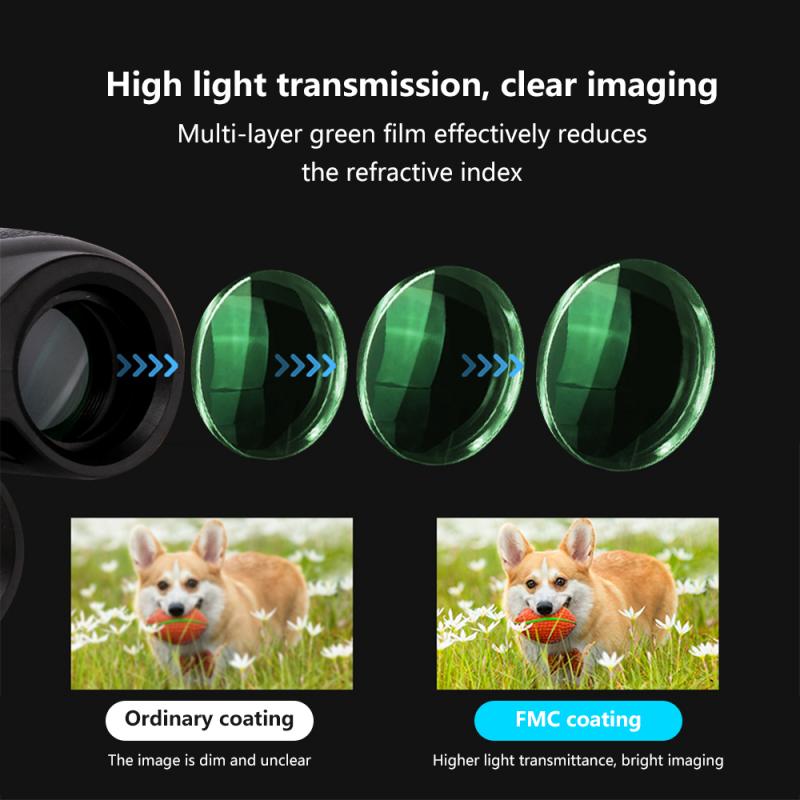
What's the best small binoculars? The answer to this question depends on what you're looking for in a pair of binoculars. If you're looking for a pair of binoculars that are small and lightweight, yet still offer a wide field of view, then the Vortex Optics Diamondback HD 8x28 binoculars are a great option.
With an 8x magnification and a 28mm objective lens, these binoculars are compact and easy to carry around. They also offer a wide field of view, which makes them great for bird watching, hiking, and other outdoor activities.
The Vortex Optics Diamondback HD 8x28 binoculars also feature high-density, extra-low dispersion glass, which provides clear and bright images. They are also waterproof and fog proof, which makes them great for use in all weather conditions.
In terms of the latest point of view, the Vortex Optics Diamondback HD 8x28 binoculars have received positive reviews from users and experts alike. They are praised for their compact size, wide field of view, and clear and bright images. They are also considered to be a great value for the price.
Overall, if you're looking for a pair of small binoculars that offer a wide field of view and clear images, then the Vortex Optics Diamondback HD 8x28 binoculars are a great option to consider.
4、 Lens coating
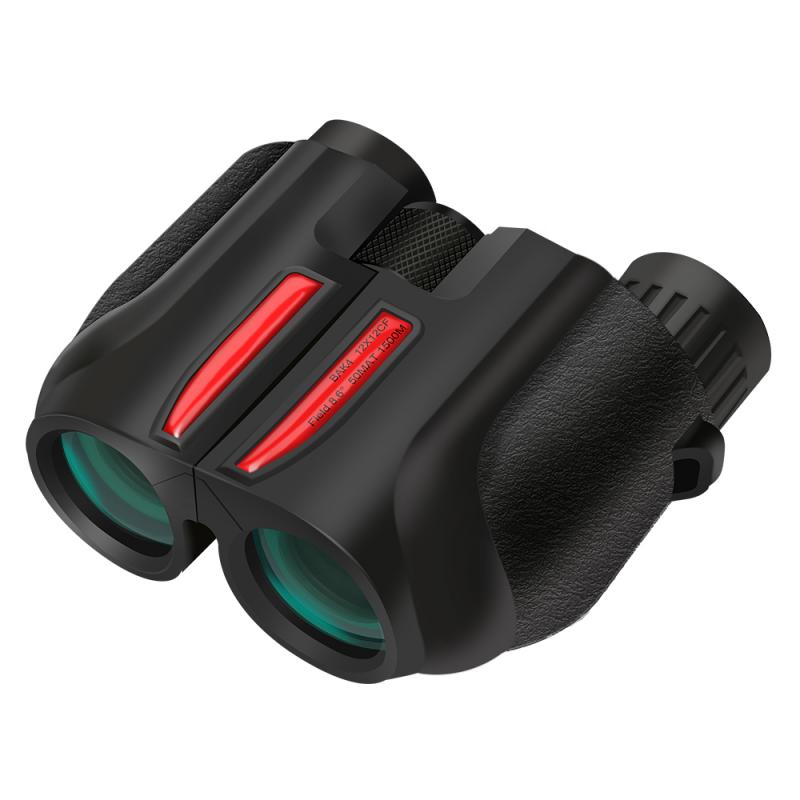
What's the best small binoculars? The answer to this question depends on your specific needs and preferences. However, one important factor to consider when choosing small binoculars is the lens coating.
Lens coating refers to the thin layer of material applied to the surface of the lenses to improve their performance. There are several types of lens coatings, including anti-reflective coatings, phase correction coatings, and waterproof coatings.
Anti-reflective coatings are designed to reduce glare and improve image clarity by minimizing the amount of light that is reflected off the lens surface. Phase correction coatings, on the other hand, are used to correct phase shift in the light passing through the binoculars, resulting in sharper and more accurate images.
Waterproof coatings are essential for small binoculars that will be used in wet or humid conditions. These coatings prevent water from penetrating the lenses and causing damage to the internal components.
The latest point of view on lens coating is that multi-coated lenses are the best option for small binoculars. Multi-coated lenses have multiple layers of coating, which provide superior image quality and clarity compared to single-coated lenses.
In summary, when choosing small binoculars, it's important to consider the lens coating. Anti-reflective coatings, phase correction coatings, and waterproof coatings are all important factors to consider. However, the latest point of view suggests that multi-coated lenses are the best option for superior image quality and clarity.

